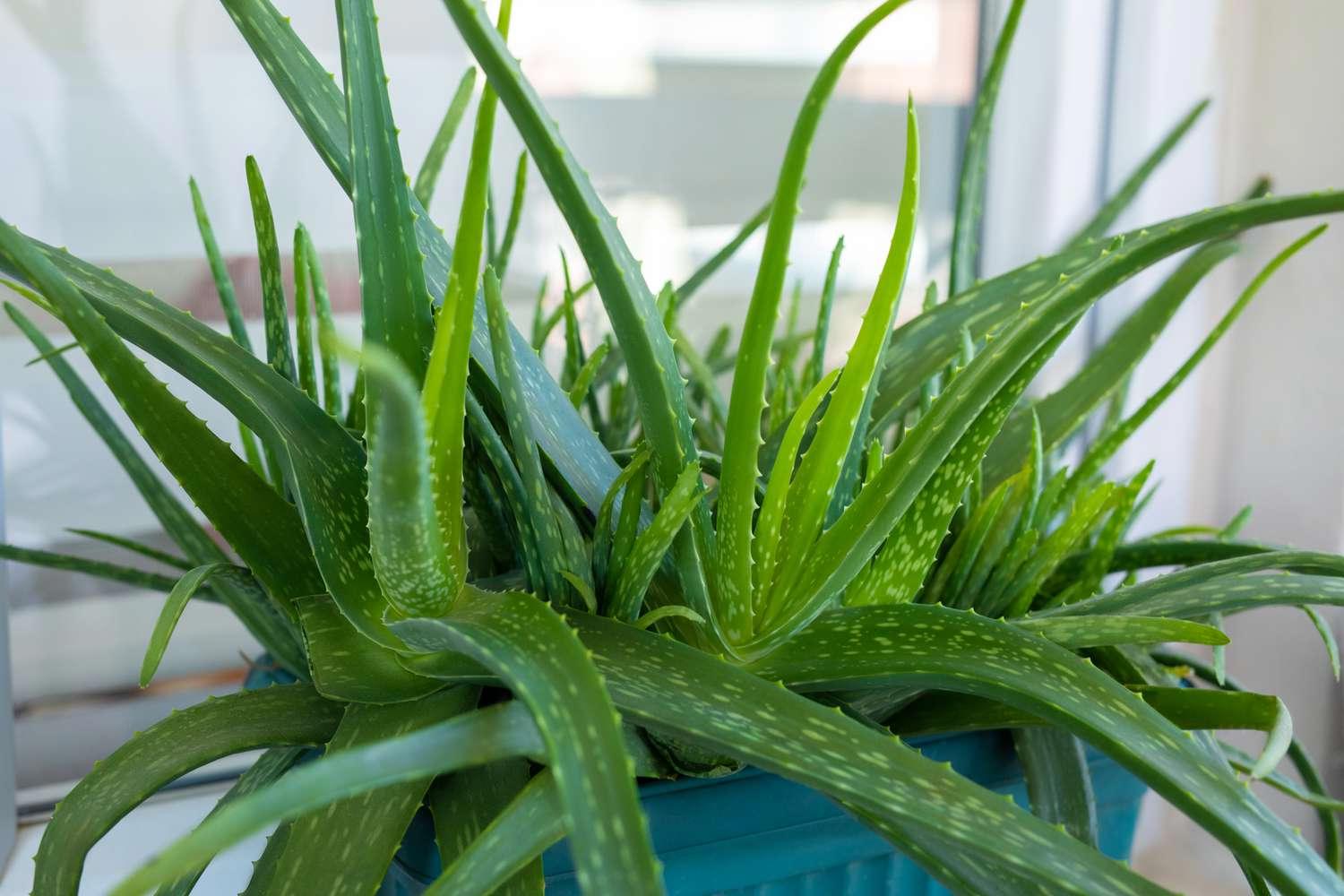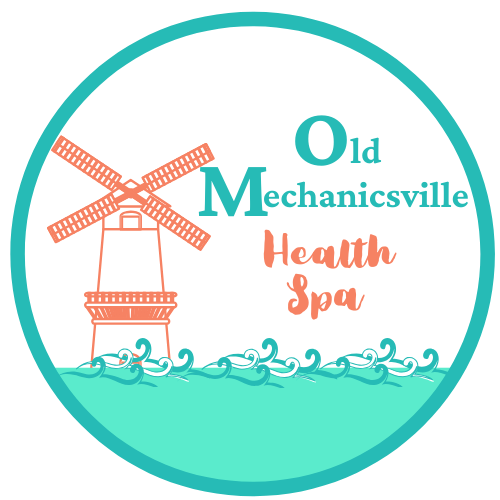
Aloe isn’t just for burns anymore!
Aloe Vera is my absolute favorite of all skin care ingredients. It’s an oldie but goody. Often overlooked as a reason to purchase a product and seen as antiquated, but it shouldn’t be, there is certainly justification for the ancient Egyptians regarding it as the “plant of eternity”. Aloe is beneficial for your whole self, inside and out, and can be drank, added to smoothies, rubbed on your skin, and even massaged into the hair and scalp. Best of all it is very reasonably priced, or even free as you may be staring at an aloe plant in the corner of the room you are in collecting dust right this minute.
Let’s start with the internal benefits, because being healthy on the inside is imperative for beautiful healthy skin on the outside. Aloe Vera Juice can be purchased at most grocery stores, or health food stores. Drinking aloe vera juice is an amazing post workout recovery beverage, because it is 99% water it is super hydrating (and without all the added sugars, artificial coloring, and other unnecessarily added ingredients found in many post workout drinks). Your body should be 70% water at any given time, so you can imagine how important staying hydrated is. In addition to its high-water content aloe vera juice also contains probiotics (good bacteria your body needs), enzymes, and vitamins A, C, E, folic acid, choline, B1, B2, B6, and B12 (which is super rare in plants, usually B12 is found in animal proteins). If all the above listed reasons don’t already have you making the trek to go get you some, it also contains minerals needed by the human body, such as calcium, magnesium, zinc, chromium, selenium, sodium, iron, potassium, copper and manganese. Since B12 is so rarely found in plant sources, daily intake of aloe vera juice is an essential part of a balanced vegan or vegetarian diet. Manganese is an essential trace mineral that when deficient in the human body can cause disorders such as tinnitus, so if your ears have been ringing, you may want to give this old remedy a try and see if it helps you. Aloe Vera is also high in amino acids, which are the building blocks of proteins, making it amazing for increasing muscle. In addition to building muscle by adding proteins it also helps eliminate the stuff we don’t want in our guts because it’s a gelatinous plant it absorbs and eliminates toxins and waste as it travels via the peristalsis movement in our intestines, making it a great choice for those looking to lose weight. It has also been shown to be beneficial for people diagnosed with celiac, crones, diverticulitis, or other GI disorders to help heal leaky gut, and rid the body of toxins while they adjust to dietary changes associated with these disorders. Aloe Vera is also naturally antibacterial, antiviral, antibiotic, antiseptic, antifungal, antimicrobial, and germicidal making it a wonderful addition to your immune boosting shelf (or entire cabinet in my case). Additionally, Aloe Vera is naturally alkaline, so when drunk it makes the body less acidic, increasing natural immunity because disease cannot survive in an alkaline environment.
You may be asking at this point, what does any of this have to do with my skin? Well firstly healthy inside, healthy outside. An unhealthy diet shows up in your skin, and your sweat, we discussed above about how aloe helps to eliminate so I just want to reiterate here how important eliminating the junk from our intestines is to maintaining clean, clear, beautiful skin. Basically, if you aren’t eliminating it the right way, it starts coming out of your pores, like sometimes if you have been eating a poor diet and have noticed a difference in the way your sweat smelled during your workout. Secondly, because of the antiseptic, antibacterial, and antiviral properties we discussed earlier it’s great for killing bacteria on the skin and drying up acne. The antioxidants naturally occurring in aloe vera gel fight free radicals, decreasing the signs of aging. In addition, because aloe is so hydrating it makes a great skin moisturizer, without being overly greasy. It also reduces inflammation and creates a protective barrier when applied to the skin, which is why it is well known to heal and soothe burns. It has also been shown to help eczema and psoriasis, when applied topically. The enzymes contained in aloe make it a great natural exfoliator when used topically (recipe for an amazing anti-aging, anti-acne DIY mask to follow). More and more people, myself included, have started using an oil moisturizer at home on our faces. I personally like how much more breathable it feels on my skin than a creamy moisturizer (which feels highly occlusive to me, just my opinion). However, those of us using an oil moisturizer, or a cream and still not feeling hydrated must remember oil doesn’t moisturize, water does, so a hydrating toner or serum is imperative under our moisturizer to truly achieve that youthful appearance and maintain healthy skin. I also would suggest a soothing aloe & azulene mask every 4 to 6 weeks for someone still feeling dry or inflamed as this will hydrate and increase barrier function preventing external damage from the environment. I personally like to give myself an acne LED treatment over my aloe (or any gel mask) so I'm getting a double whammy of benefits at one time, which I think is great for any busy mom with a limited amount of time for home care.
I also mentioned hair care in the first paragraph! We all want beautiful, shiny, soft, healthy hair, right? Well aloe is you one stop shop! The natural enzymes found in aloe act as an exfoliator by digesting dead skin cells, so massaging it into the scalp, helps prevent dandruff by increasing cell turnover, and by removing the dead cells on top of the epidermis, it helps hair grow thicker and healthier by creating a clear path for the hair follicles. You can also make your own aloe vera hair mask by massaging into wet hair during your shower, cover with a shower cap leave on for 10 to 15 minutes then rinse out revealing shiny, resilient hair.
A few tips for utilizing aloe vera at home:
- If drinking daily as a supplement, swish around your mouth for 30 seconds or so prior to swallowing because the good bacteria we talked about earlier in conjunction with its antibacterial, antiviral, and germicidal properties are great for preventing gum disease by killing bacteria, and germs and creating an alkaline environment. Bonus: this also helps prevent bad breath! Yay Aloe!
- If you are getting your aloe directly from the plant (like me), make “aloe cubes”! Once you have scraped the aloe gel from the inside of the leaves and ran through the food processor, place portioned into an ice cube tray, then once frozen, place 1 cube each into small freezer bags and keep frozen until ready to use. Keep in mind freshly sourced aloe will go bad in less than 24 hours at room temperature because we haven’t added preservatives, like the gel you buy in stores. A frozen aloe cube feels like heaven on a burn, an inflamed acne pustule, or calming the skin after an exfoliating cleanse, I could go on but I think you get my point and probably already have an idea of how to use your aloe cube in your mind right now.
- When using on hair apply a thin layer as a leave in treatment or use it as a hair mask as I mentioned earlier.
DIY Aloe Enzyme Mask:
1 ½ inch cube of fresh pineapple
1 ½ inch cube of fresh papaya
2 Tbsp. aloe vera gel, or freshly scraped from inside a leaf
2 drops of apple cider vinegar
Run all ingredients through your food processor, apply to cleansed face, if it instantly burns or hurts remove it, otherwise leave on for 1 to 3 minutes (no longer than 3 minutes, this recipe is powerful), a slight tingle and itch is normal, but pain or burning is not. Remove with cool, damp towels, apply your normal serum, moisturizer and sunscreen.
I hope you enjoyed hearing about an amazing plant!
